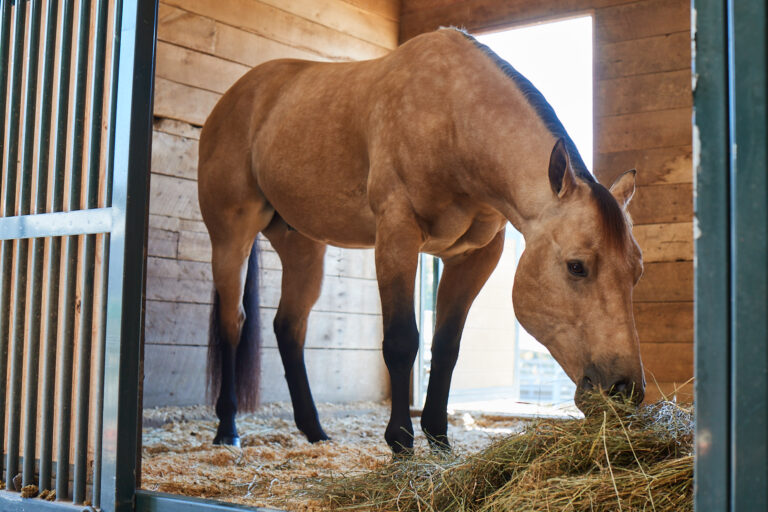
One horse at a stable in Montgomery County, Maryland, recently tested positive for Potomac horse fever. The horse was euthanized.
EDCC Health Watch is an Equine Network marketing program that utilizes information from the Equine Disease Communication Center (EDCC) to create and disseminate verified equine disease reports. The EDCC is an independent nonprofit organization that is supported by industry donations in order to provide open access to infectious disease information.
About Potomac Horse Fever
Potomac horse fever is caused by Neorickettsia risticii, an organism found in parasites, called flukes (flatworms), that infects aquatic snails and insects. Horses can be infected by ingesting insects carrying Potomac horse fever or by drinking water containing N. risticii. Additionally, horses can get Potomac horse fever by inadvertently consuming infected insects or parasites in feed, water, or on pasture.
The incubation period for Potomac horse fever is between one and three weeks, and the mortality rate is up to 30%. While vaccines against Potomac horse fever are not 100% effective, vaccinated horses tend to have fewer and less severe clinical signs.
Most Potomac horse fever cases are reported in July through September, and outbreaks tend to be seasonal.
Horse owners and caretakers, especially those who keep their horses near creeks and rivers, should watch for signs including:
- Diarrhea
- Colic
- Loss of appetite
- Lethargy
- Toxic shock
- Dehydration
- Abortion in pregnant mares
- Laminitis
- Mild to severe fever.












